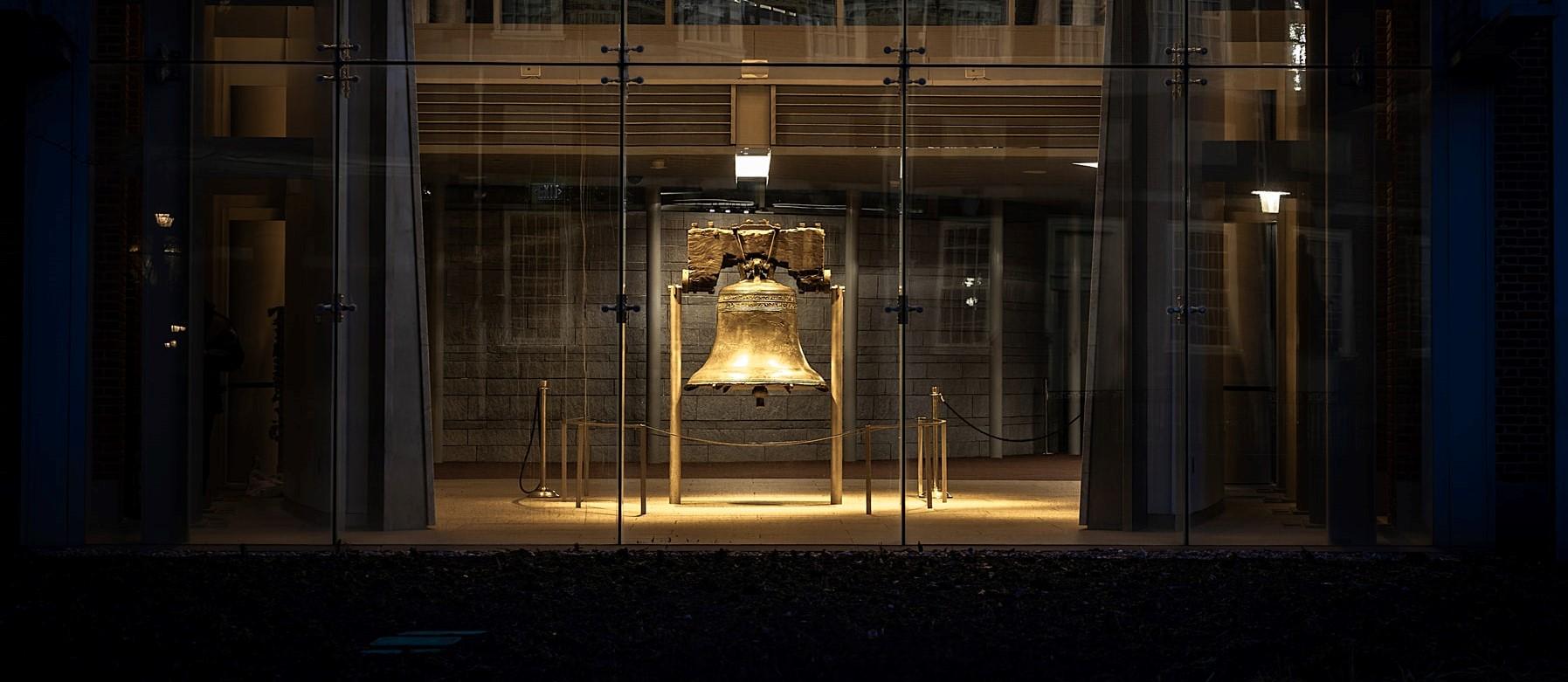
Current Agenda
Managed Care
Beginning in Philadelphia January 2019
Managed Care is a health care system organized to manage cost, utilization, and quality. Medicaid managed care provides for the delivery of Medicaid health benefits and other services through contracted arrangements between state Medicaid agencies and Managed Care Organizations (MCOs) that accept a set per member per month payment for these services.
Supporters think that by contracting with various types of MCOs to deliver Medicaid program health care services to their beneficiaries, states can reduce Medicaid program costs and better manage utilization of health services. The disability community is skeptical of this system because it would put new restrictions on current services, and introduce a profit-motive–through for-profit MCOs–to limit public health care services. LRI is preparing itself to be a leader and teacher to the disability community, in navigating the oncoming Managed Care arena.
Learn more about Managed Care here.
Health Care Cuts
Funding cuts to Medicare, Medicaid, and the Affordable Care Act would hurt the disability community. As a population that depends on public health care, cuts would be catastrophic to the disability community. In particular Home and Community-Based Serviced, funded through Medicaid, promote and support Independent Living, and cuts to Medicaid may result in disabled people being forced into nursing homes instead of living in the community.
Disability Integration Act (HR. 2472)
The Disability Integration Act is bipartisan legislation that ensures that disabled Americans have a right to live and receive services in their own homes. The DIA further secures the Constitutionally-protected right to freedom and liberty by preventing people with disabilities from being forced into costly institutional settings (such as nursing homes) by unnecessary government regulations. DIA was first introduced in the 114th Congress. Senate Minority Leader Schumer has reintroduced the bill (S.910) in the 115th Congress with minor changes that have strengthened the bill. Representative Sensenbrenner (R-WI), who was a cosponsor during the 114th Congress, has introduced DIA (HR. 2472) in the House of Representatives. LRI firmly supports this measure and sees it as an important step to take toward social and political equality.
Learn more about the Disability Integration Act here.
ADA Education Reform (H.R. 620)
H.R. 620 would create significant obstacles for people with disabilities to enforce their rights to access public accommodations under the Americans with Disabilities Act (ADA), and would hurt their ability to participate in the mainstream of society and live independently. Rather, the burden of protecting the right to access a public place is shifted to the person with the disability, who first has to be denied access; then must determine that violations of the law have occurred; then must provide the business with specific notice of which provisions of the law were violated and when; and finally, the aggrieved person with the disability must afford the business a lengthy period to correct the problem. LRI is against this legislation. It places business priorities ahead of ensuring the civil rights of people with disabilities.
Find out more about the ADA Education Reform Act here.
Transportation
A critical component to living independently is having a readily accessible means of transportation. LRI has continuously pushed for accessibility to be part of the developing urban transit conversation, with ongoing dialogues with Taxicab organizations, Transportation Network Companies such as Uber and Lyft, and Philadelphia’s own public transit provider SEPTA. SEPTA controls the city’s paratransit service Customized Community Transportation (CCT) and a fleet of 100% accessible buses. LRI has pushed for accessible design as part of these systems, and has won legislative victories to ensure inclusion.
Housing Impact Fees
Affordable, accessible, integrated housing is another essential element of independent living. Affordable housing impact fees are collected from developers who build new market-rate for-sale homes and invested in tools that provide subsidized accessible housing. Impact Fees will not only provide accessible housing–such an investment will help home rehabilitation projects, provide mortgage and utility assistance, and encourage the construction of community gardens and food-producing green spaces, all through investment in the Philadelphia Housing Trust Fund.
Learn more about Housing Impact Fees by clicking the PDF document here.
Inclusionary zoning
Inclusionary zoning (IZ) requires developers to make a percentage of housing units in new residential developments available to low- and moderate-income households. In return, developers receive non-monetary compensation-in the form of density bonuses, zoning variances, and/or expedited permits-that reduce construction costs. By linking the production of affordable housing to private market development, IZ expands the supply of affordable housing while dispersing affordable units throughout a city or county to broaden opportunity and foster mixed-income communities.
Visitability
Visitability is an initiative that makes public and private housing more accessible to people with disabilities. Visitability provides a minimal level of basic access, typically, zero-step entrance, sufficiently wide doorways and a usable bathroom on the first floor to permit friends and relatives with disabilities to easily visit your home.
The following links provide the best resources:
One-Step Campaign
Morgan Hugo, an Independent Living Specialist, has started the One-Step Campaign in an effort to ensure that all businesses in Philadelphia have a ramp to their front entrance. Three businesses currently have pro-se complaints against them. Several businesses in Philadelphia have become accessible due to the One-Step Campaign: Smak Parlor, Gaslight, the dry cleaners by Smak Parlor, Cinemug, the Drake Theater, and a Chinese restaurant in Chinatown.
Contact Morgan if you would like more info, or want to report an inaccessible entrance: 215-634-2000 ext. 124.
